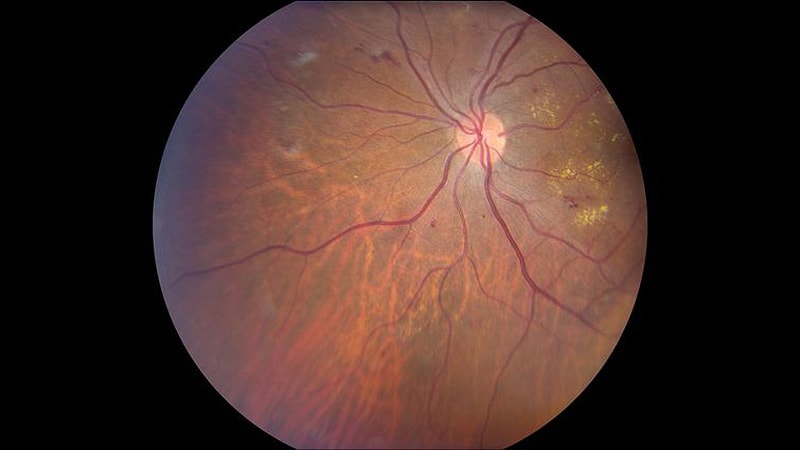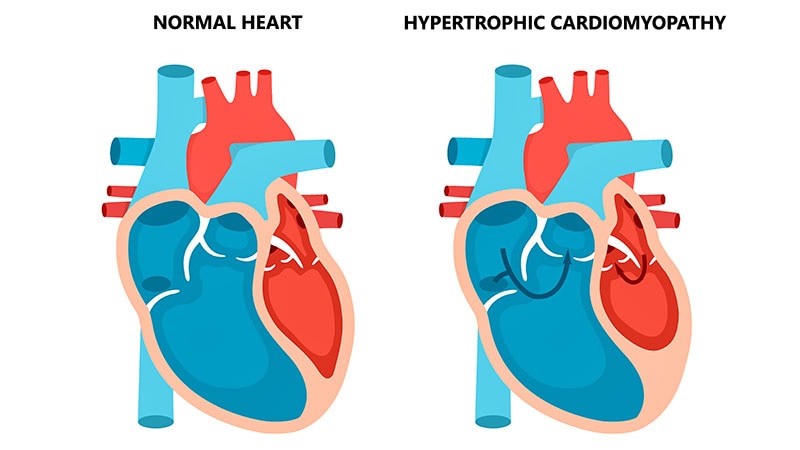Takeaway
- Low serum creatinine level was found to be significantly associated with increased risk for type 2 diabetes mellitus (T2DM) and dysglycaemia.
Why this matters
- The study showed that serum creatinine may be an important modifiable risk factor and may be indicative of dysglycaemia risk, providing an opportunity for prevention of T2DM.
Study design
- Retrospective cohort study included 3313 middle-aged men with no T2DM identified during 2001-2008 who underwent follow-up examinations until March 2013.
- Participants underwent an interview at baseline and were followed for 6.7 years.
- Funding: None.
Key results
- Overall, 207 cases of incident T2DM and 596 cases of incident dysglycaemia, including 115 cases of type 2 diabetes mellitus, among participants with normal glucose concentrations at baseline was observed.
- After adjustments, the HR of patients with T2DM in the lowest quartile of serum creatinine (<0.7 mg/dL) vs patients in the highest quartile (0.9-1.1 mg/dL) was 1.9 (95% CI, 1.2-2.9; P for trend=.03).
- The HR of dysglycaemia in the lowest quartile of serum creatinine vs highest quartile was 1.5 (95% CI, 1.1-1.9; P for trend=.01).
Limitations
- Only male participants from a single ethnic group were included.
- Fasting serum insulin at baseline was not assessed.
References
References



